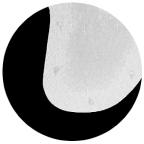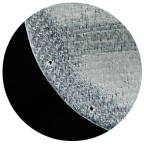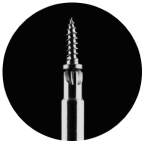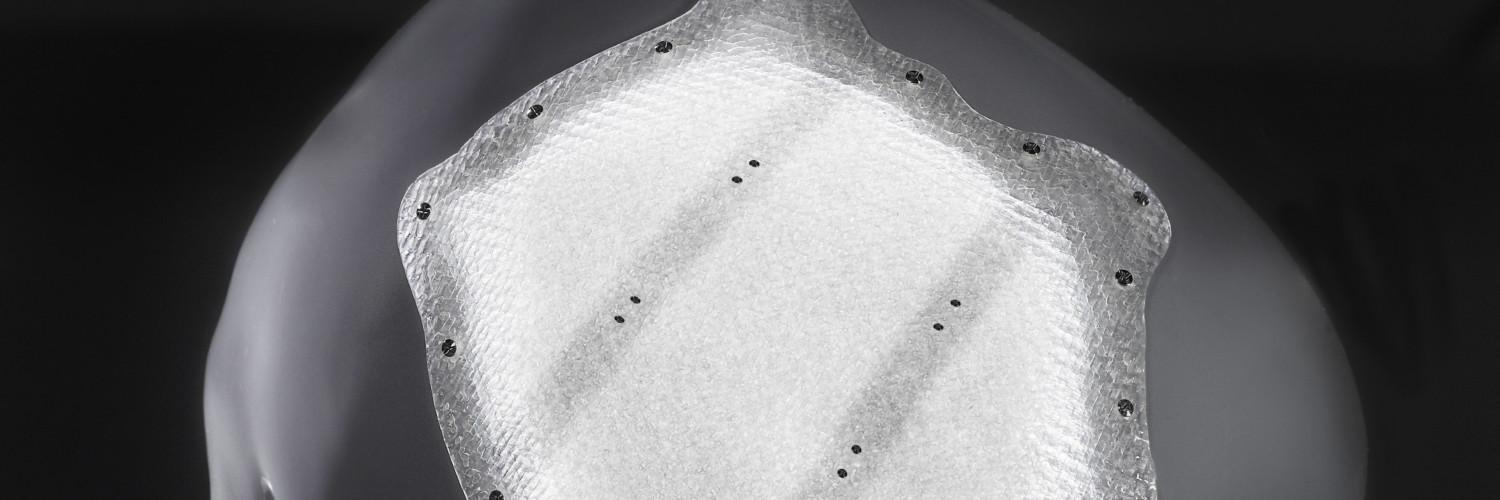GLACE™ Implants – the unique skull implants made for you
Skull implant that minimizes the risk of infection, promotes the growth of new bone and is easier to install – the unique fiberglass sandwich design of GLACE™ implants takes skull-bone reconstruction to a new level.
The structure and chemical composition of GLACE™ custom-made, patient specific craniomaxillofacial implants have been uniquely customized to mimic the functions of real bone.
Advantages

Bacteriostatic
On average, a third of all skull implants installed in the cranial region become infected. Bioactive glass promotes the growth of new bone and has been clinically proven to create a bacteriostatic environment around the implant. As a result, with GLACE™ Implants, the risk of infection is minimal.

Sandwich structure
The unique composite structure of GLACE™ allows instant absorption of body fluids into the skull implant, so new bone formation begins at the surgery. The tissue compatibility of GLACE™ Implants helps ensure clinical success, with the implant setting firmly as part of the patient’s skull.

Easy installation
Instead of being placed in the bone defect, GLACE™ Implants are installed on top of the patient’s bone margin using self-drilling titanium screws. The higher installation tolerance translates into easier and more successful surgeries.

Imagined for imaging
The raw materials of GLACE™ Implants are non-metallic and specially produced for Skulle Implants Corporation. This ensures that they do not interfere with MRI results or radiotherapy.


Explore GLACE™ installation
Instead of being placed in the bone defect, GLACE™ Implants are installed on top of the patient’s bone margin using self-drilling titanium screws.
After GLACE™ installation
Instead of being placed in the bone defect GLACE™ Implants are installed on top of the patient’s bone margin using self-drilling titanium screws. The higher installation tolerance translates into easier and more successful surgeries.

It is quite clear that this type of implant is well ahead of the rest in craniofacial surgery
Pekka Vallittu, professor, University of Turku, Finland
Request instructions for use
Please fill in your contact details
